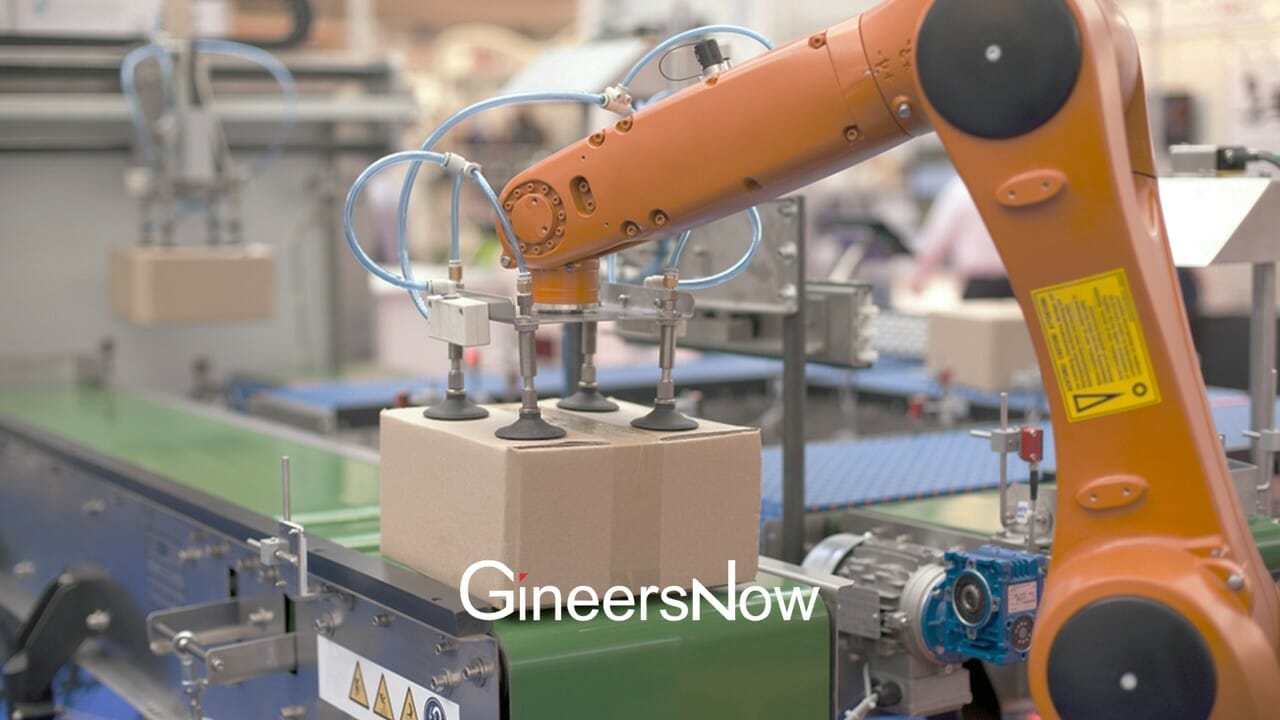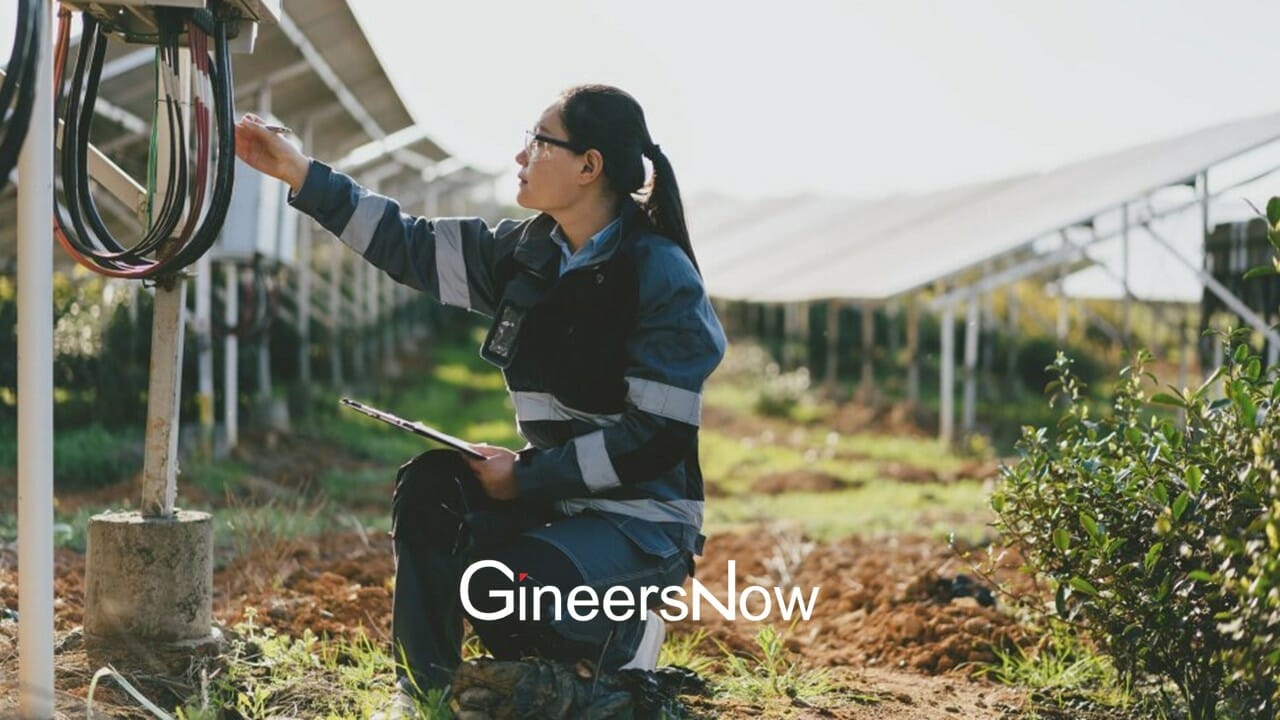The scientific community today has taken advantage of modern technology’s interconnectedness to quickly distribute ideas around the globe and develop new fields of study. This has, among other things, allowed scientists to predict future patterns in the climate. A lack of information will not cause the quest for sustainable development to fail; rather, it will be due to a lack of action.
But putting information into practice is no simple undertaking. Making up hypotheses is one thing; using previously gained knowledge is quite another. The 17 Sustainable Development Goals from the 2030 Agenda for Sustainable Development of the United Nations have provided us with a roadmap for going from knowledge to action (SDGs). Keeping those in mind, here are a few strategies for sustainable development that can be looked into.
Pace Yourself
Rather than focusing on long-term aims and waiting for a turning point that might never arrive, we need to set our sights on attainable near-future goals and take little measures to achieve them. Make smaller strategies for sustainable development before taking the bigger steps.
To make up for the lack of action in the present, policymakers often propose incredibly ambitious goals for the far future. By doing this, we may avoid making controversial choices while still assuring the impatient audience that something radical will be done in the future. Progress is made step by step through ongoing, dynamic learning.

Think from a Regional POV
We must start to consider regional as opposed to global circumstances. A global perspective is too ethereal. Processes become slower, and the momentum is lost. In a weak global governance structure, global activities take time and, more importantly, do not consider the unique regional conditions and contexts that must be taken into account when actions need to be effective.
Strategically balance opposing goals
Pro-environment policies don’t always have financial, social, or cultural benefits. Nevertheless, maintaining life’s ecological underpinnings is a must for accomplishing economic and social objectives and must be prioritized. We must be mindful of the competing policy goals and focus on achieving the most important ones first while minimizing harm to others.
Of course, any policy must make difficult trade-offs when competing values and goals exist. Both winners and losers will exist. But people who have experienced loss must also gain from reform. A society founded on the idea of solidarity does not forsake its members.
Start Working from the Bottom
Sustainability transformations cannot be forced onto society from above, dictated by scientists, or disengaged from society by voluntary organizations. On the contrary, they must be started and carried out by the very people who will be affected by them in the social and cultural contexts in which they live and work, both individually and collectively.
Naturally, people want assistance because our problems are complex and challenging to comprehend. However, people also need to be in charge, not just taking part as spectators.
Use narrative to inspire change
Science is essential, but tales are just as important because they help people use science. However, scientific findings and models will only serve as a starting point for our actions unless we create narratives with individuals who will be impacted and then include these narratives in the policymaking process.
People ponder why they should alter their ways of living, endure the discomfort of ongoing education, and modify their way of life. Here, narratives can include the solutions people need to hear, both implicitly and frequently.
To Conclude
This year’s GSSF’s main takeaway is that a worldwide revolution cannot be postponed. Instead, we must start today by taking steps globally, one at a time to protect the fundamentals of life. We have to do it under the direction of those who will be impacted.
Science shouldn’t claim to have all the solutions. Instead, it ought to encourage and support the creation of narratives that depict a future in which everyone enjoys a good standard of living in the framework of their culture!












